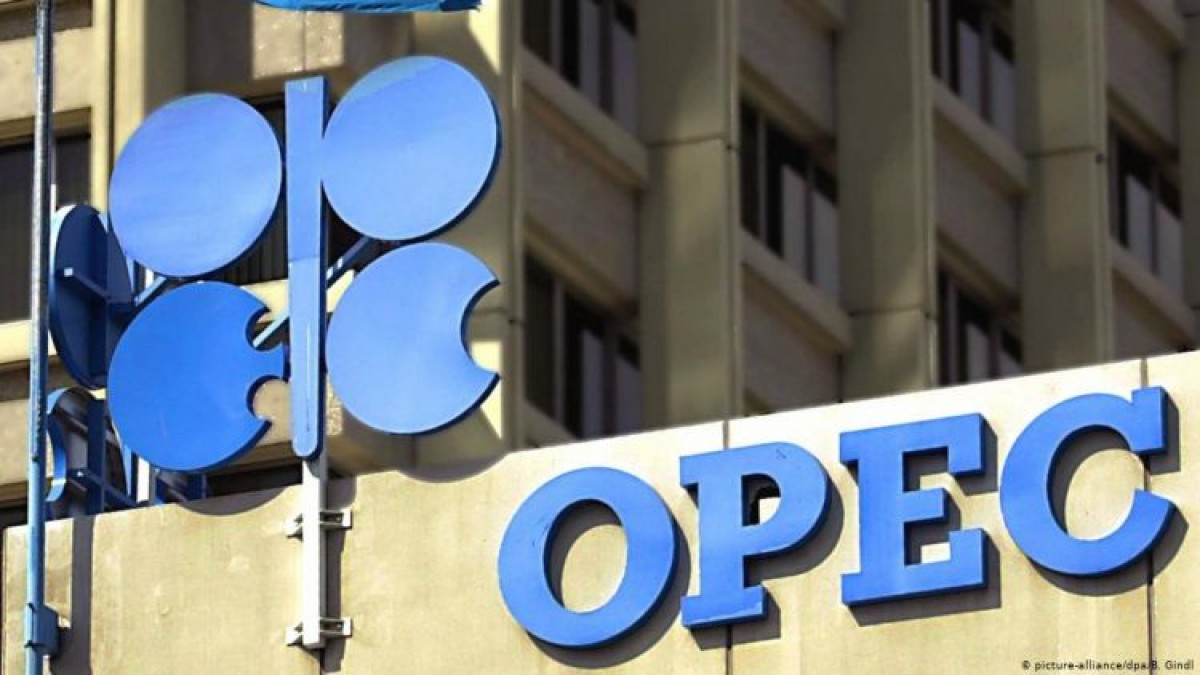 98
98
Saudi Arabia and the United Arab Emirates (UAE), two long-standing Arab allies, have been embroiled in a smoldering conflict in recent weeks.
Although the two countries have conspired together on regional issues such as the infamous war on Yemen and the Qatar embargo, they have lately clashed over oil production, normalization of relations with Israel, and the fight against the Coronavirus.
OPEC ministers and key non-OPEC producers, also known as OPEC Plus, failed to strike an output deal after disagreements surfaced between Saudi Arabia and the UAE over the quantity and timetable of product delivery. Hence, the Saudi-UAE row will prevent the anticipated boost in production that was scheduled to begin in August from taking place.
In May 2020, in response to the worldwide COVID-19 outbreak, OPEC Plus lowered oil production by nearly 10 million barrels per day, to gradually increase supply by April 2022.
OPEC Plus recently announced that it would increase its output by 2 million barrels per day from August to December 2021.
According to reports, the anticipated rise in production beginning in August will not be realized due to the current frustrating impasse, and rather than ending in April 2022, the agreement will be extended for an additional eight months.
In an attempt to calm the situation, Abdulaziz bin Salman, Saudi Arabia’s energy minister, urged “compromise and reason” to achieve a comprehensive accord.
Although the UAE has selfishly indicated that it supports the first part of the OPEC Plus strategy, which is to increase output, it would not accept an extension of the present decrease beyond April 2022 without a rise in its base level of production.
Meanwhile, a massive explosion occurred near Dubai’s port of Jabal Ali one day after the escalation between Riyadh and Abu Dhabi. The blast was so powerful, according to witnesses, that it rocked Dubai’s commercial and residential districts. According to Dubai Police Abdullah Khalifa al-Marri, the explosion was caused by flammable goods in one of the ship containers.
According to Al-Marri, the ship’s crew suffered no deaths or injuries, adding that no radioactive material was found, claiming that the fire was caused by friction or high heat.
Although no official report on Saudi Arabia’s involvement in the event has been released, Riyadh’s decision to assault Aden and fight members of the UAE-backed separatist militias has raised the likelihood of Saudi Arabia being involved in the Jabal Ali explosion.
Saudi social media users also trended the hashtag Jabal_Ali to call for a boycott of UAE-made products, claiming that they are of poor quality, corrupt, and counterfeit.
Comment
Post a comment for this article